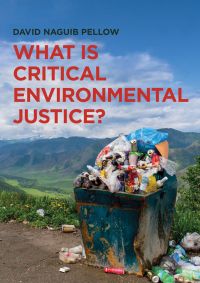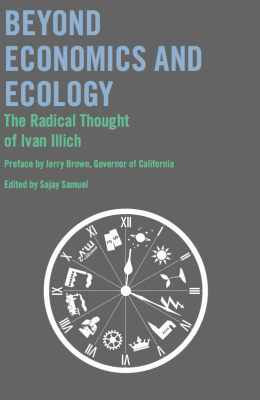Description
Human societies have always been deeply interconnected with our ecosystems, but today those relationships are witnessing greater frictions, tensions, and harms than ever before. These harms mirror those experienced by marginalized groups across the planet.
In this novel book, David Naguib Pellow introduces a new framework for critically analyzing Environmental Justice scholarship and activism. In doing so he extends the field’s focus to topics not usually associated with environmental justice, including theIsrael/Palestine conflict and the Black Lives Matter movement in the United States. Indoing so he reveals that ecological violence is first and foremost a form of socialviolence, driven by and legitimated by social structures and discourses. Those alreadyfamiliar with the discipline will find themselves invited to think about the subject in a new way.
This book will be a vital resource for students, scholars, and policy makers interested in transformative approaches to one of the greatest challenges facing humanity and the planet.
Reviews
Laura Pulido, University of Oregon
“Asking what environmental justice could look like if we moved beyond race and class, Pellow develops a robust, ‘Critical Environmental Justice Studies’ framework that draws from numerous scholarly fields, which he then uses to skillfully unite issues such as Black Lives Matter, the U.S. prison industrial complex, and conflicts in Israel and Palestine.”
Julian Agyeman, Tufts University
 العربية
العربية  English
English 




